I’ve never been a fan of spelling tests. Especially the type where students memorize a list of words, write them 5 times each, and then write them on Friday to prove they know how to spell. So what do I do instead? I equip my students with strategies for spelling words that earn them the title: Brave Speller!
What is Brave Spelling?
Brave spelling is teaching students to attack words with confidence. It’s the idea that you don’t need to be the best speller, you just have to try. Use what you know and go for it!
Many students would love writing a whole lot more if they didn’t feel so intimidated by the conventions of writing. My guess is the number one fear is spelling words incorrectly.
Alleviate your students anxiety about spelling by having conversations about what you expect. For example, I tell my students that I will never get upset with them for misspelling a word, but I always expect them to try. We only get better by practicing.
Keep in mind that brave spelling doesn’t take the place of phonics instruction. Students still need instruction in grade level spelling patterns and should be expected to use them in their writing. However, the conventions of spelling is only part of writing and giving your students permission to just write will allow them to write without worry.
Below is a photo of our class spelling mascot–Stretchy Sloth. He stretches words very slowly.
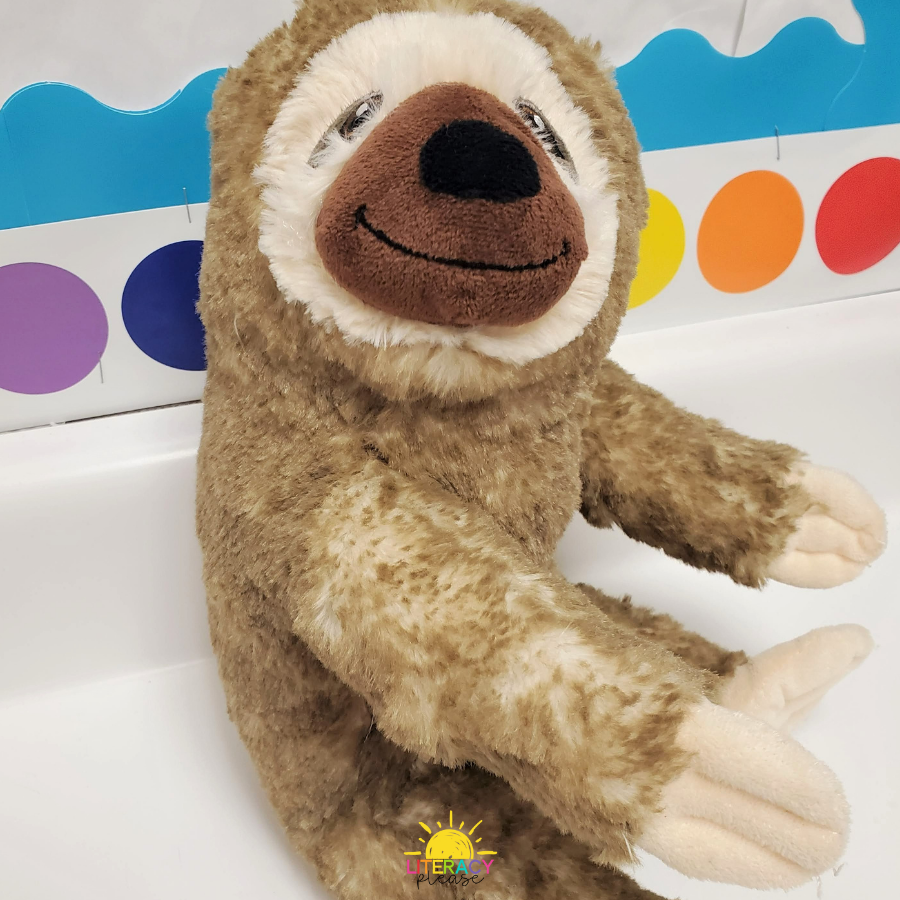
A Lesson (or Two)
Brave spelling practice can be done in different ways. You can make a chart. Whiteboards are a good option. Or just a sheet of paper. But the trick is to remind students that being a brave speller means you do the best you can.
You’ll first want to explain to your students what a brave speller is–a person that isn’t afraid to make mistakes and spells even the hardest words.

Then have the students write a word. You can choose one, two, three, or more syllable words. I like to begin with bigger words because I want students to see that they can attack the long words. For example, the word marshmallow.
Have them write the word once. Just say the word and have the kids spell it the best they can.
After that, tell your students that when we spell words, we want to stretch it out and say it slowly so we can hear each sound. So say it again. . . mmmarrrshhhmmmaaalllooow and have the kids try spelling it once more. Then, ask the students to compare the two ways they spelled the word. Discuss if there were any changes in their spelling.
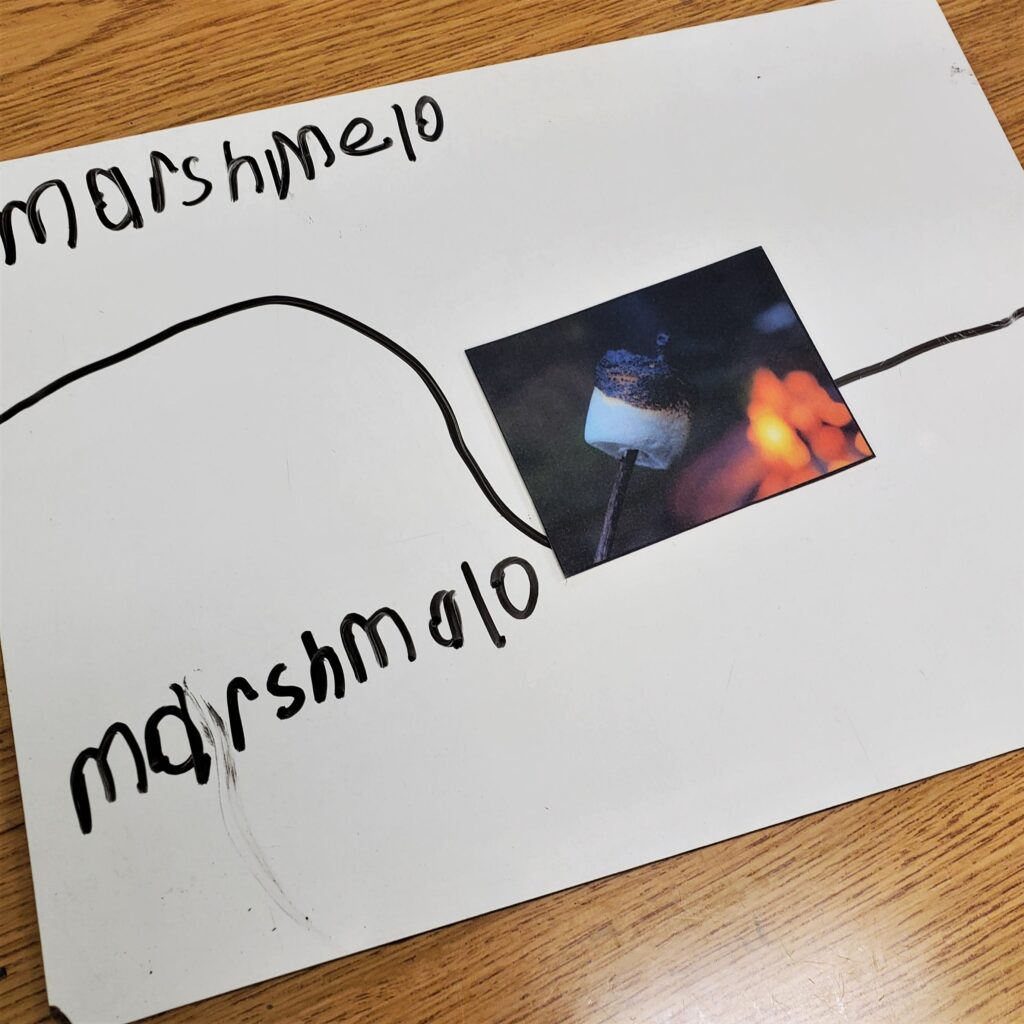
Now tell your students that you’re going to show them how it’s really spelled, but not to be discouraged. Let them know it’s OK if the word wasn’t spelled correctly. What matters is that they tried. Write the word out correctly and let your students compare their spelling to the conventional spelling.
Practice this activity with a couple of words and practice it several times each week.
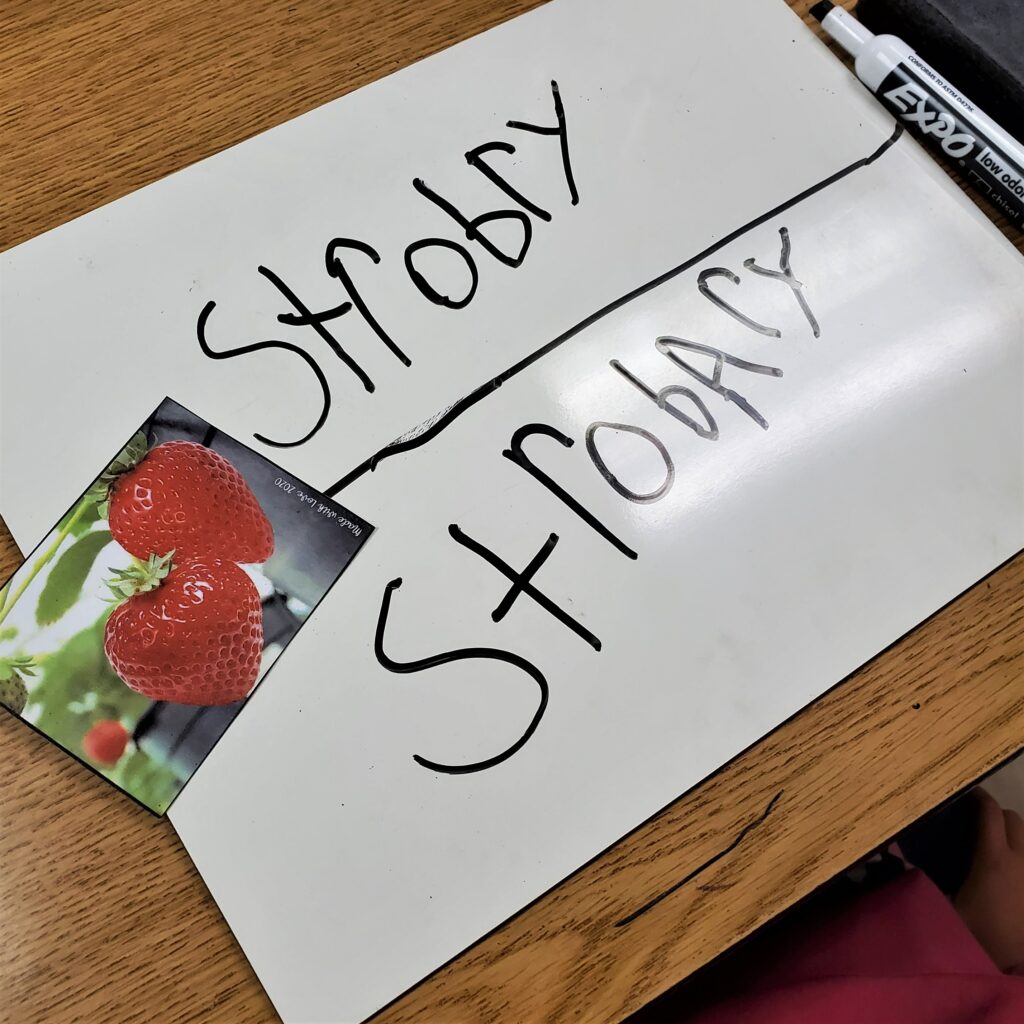
Give your students permission not to know how to spell every word. They’re so young! Why would they know?
Not only will your students build confidence, but you can use the spelling you see as an assessment tool to find out what phonics instruction your students need. This assessment for phonics is easy as pie!
Brave Spelling In Action
As your students become braver with attacking words during writing, point it out. Celebrate those students. Have them share their brave spelling. Remind them that brave spelling is something we practice everyday. And if you’re looking for the resources, you can find them here.
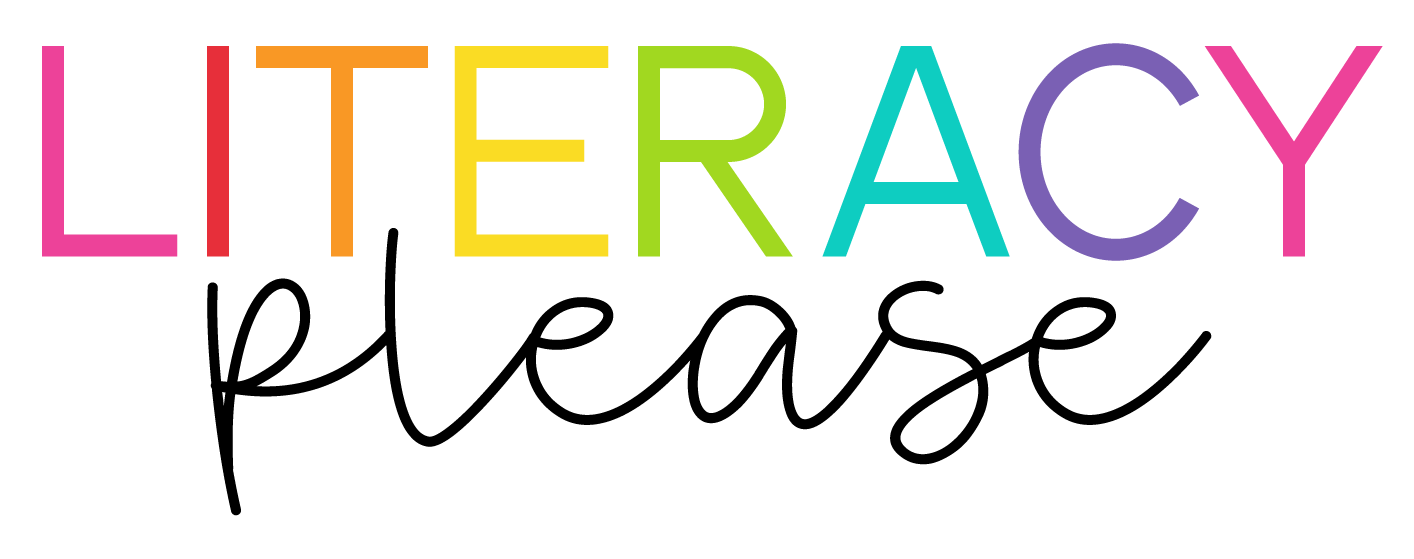
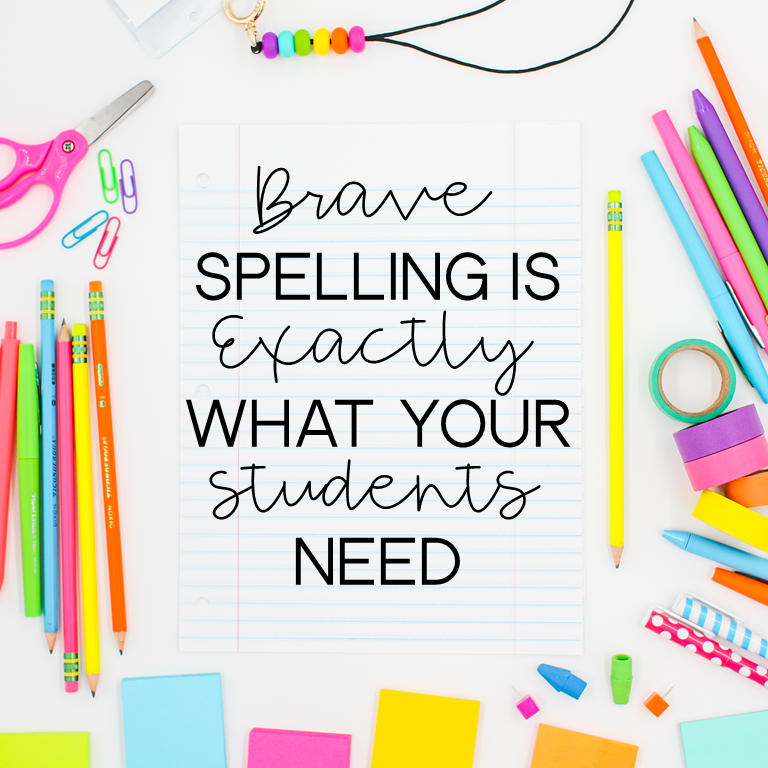

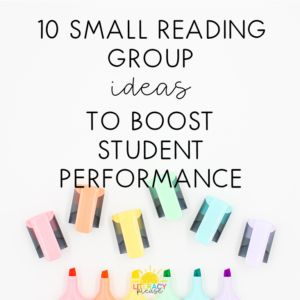
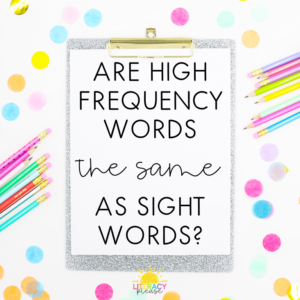
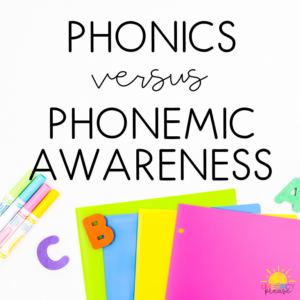
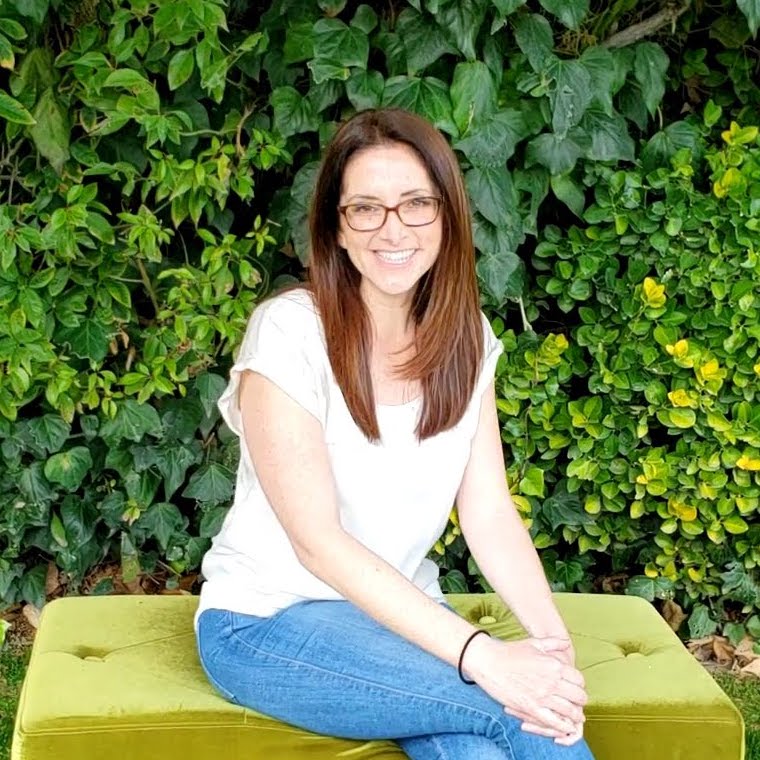
One Comment
I’m going to try this experiment today. Write it once than stretch it. Just curious what will happen.